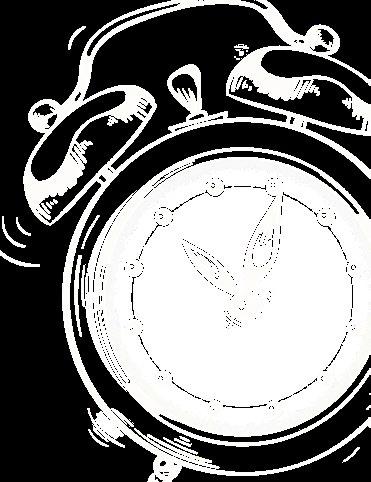
1 minute read
OOPS! FALSE ALARM
from SCROLL 2023
by wayneklyde30
Marianne Chloe M. Secular
Fake news and the spread of misinformation, of course, have been romulgated for centuries to one degree or another. Misinformation about the death of famous celebrities, politicians lying about their accomplishments and calamity predictions are the false alarms giving worries to the netizens on social media.
Advertisement
In October 22, 2019, Facebook identified a network composed of 95 pages and 35 accounts, and 12 of 134 accounts that violated the policies on spam and authenticity, taking down their false or misleading articles shared by their accounts and pages.
We assume that people form their opinions and make their decisions based on facts. In other words, facts matter. Without them, opinions won’t or at least would less matter. But these recent years, with the wide and rapid dissemination fuelled by the digital revolution and the rise of social media, fake news made it difficult for some students to determine fact from fiction.
As the product of this new generation, students spend most of their time sticking their eyes on their digital screens while scrolling through their newsfeeds and timelines. And with the rapid spread of fake news, it would make it hard for them to find reliable sources for news and research through the use of social media. Students are educated with minimal knowledge of how media affects their daily lives and process of thinking and receive information from a variety of sources, but are unequipped with the mental tools necessary to determine what the sources deliver.
This sad phenomenon is not just harmful to the credibility of the news media and the profession of journalism, but also to the public, our society and our community. In this age of misinformation, the obligation grows in importance as never before. This situation depends on us. We, the citizenry, have an obligation to think critically. And that obligation starts nowhere but within facts. If all of us won’t accept facts as facts, how would we hope to resolve our problems and differences? How could we meet our most important obligation? How could we detect fake news?

Let’s make it clear, we can’t easily prevent fake news, but we can help our fellow students and netizens make more informed decisions when they encounter fake news through engaging in reliable sources and educating them in making an opinion with facts. We are not helpless against fake news, but together, we must break out of our echo chambers and act against it.









